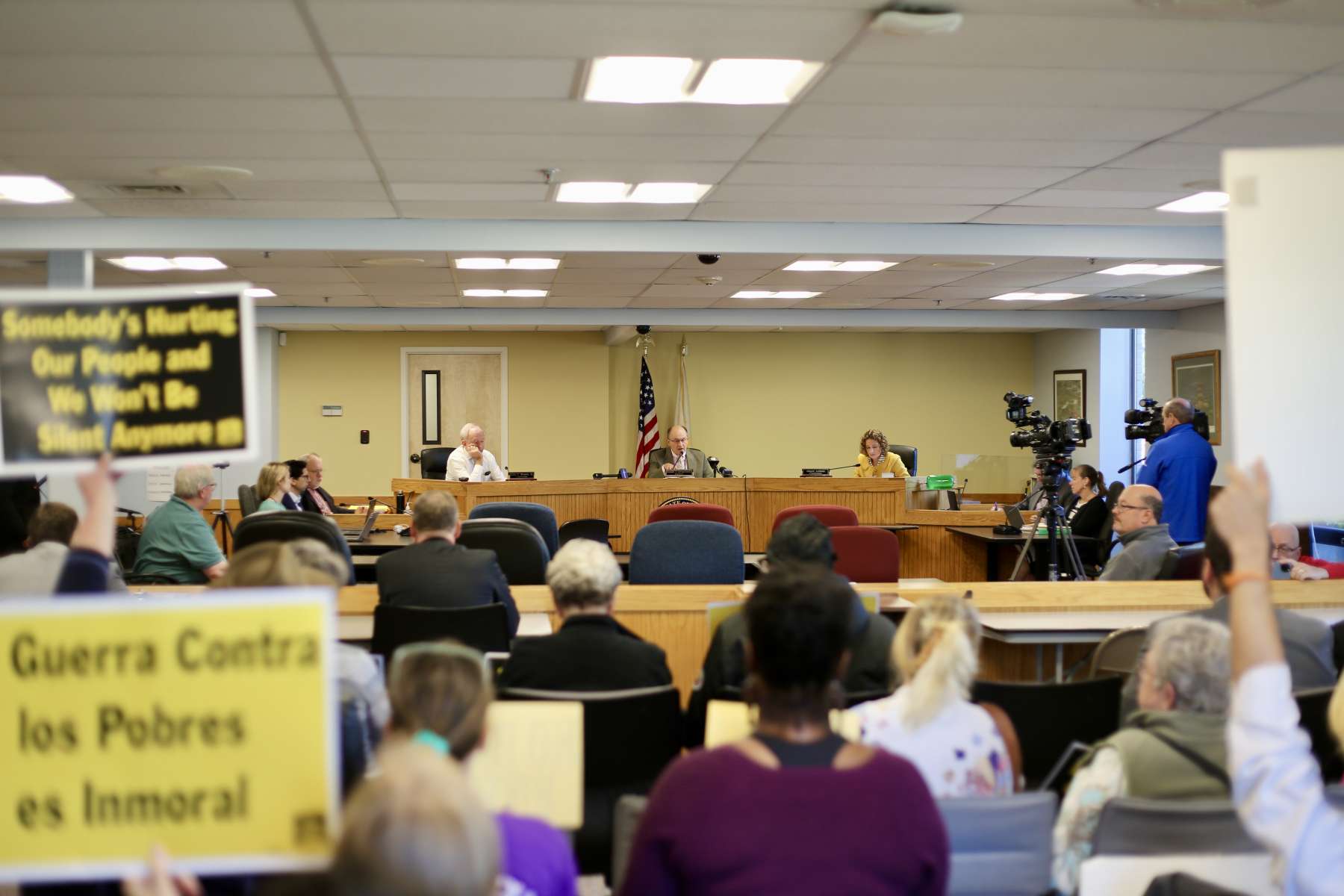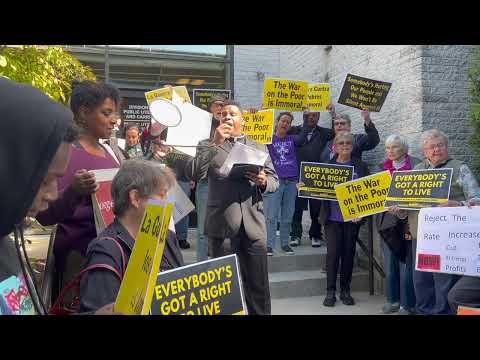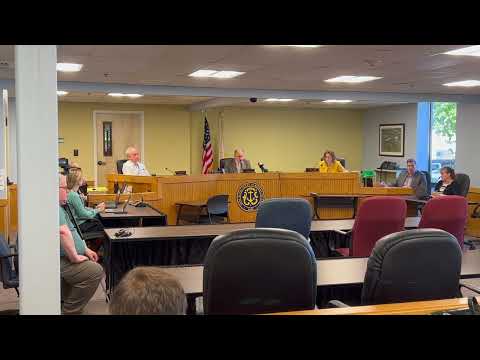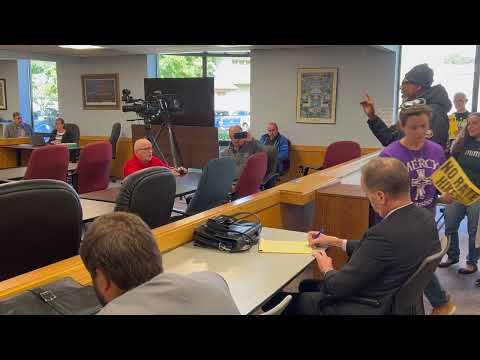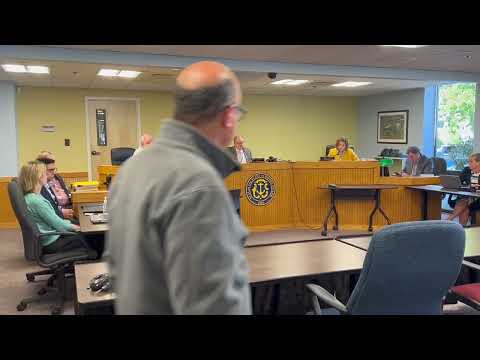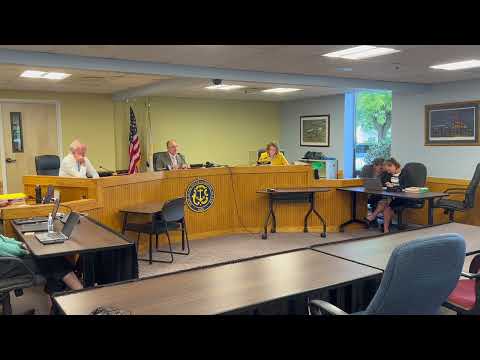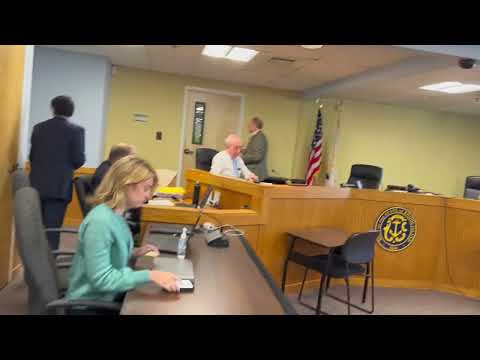PUC approves record electric rate increases
After a contentious Public Utilities Commission was shut down part way through by protesters challenging the the biggest electricity rate increase in Rhode Island history, the commission voted in favor of a number of changes to rates and credits on electric customers’ bills that will take effect beginning on October 1, 2022.
September 24, 2022, 1:17 pm
By Steve Ahlquist
After a contentious Public Utilities Commission (PUC) was shut down part way through by protesters loudly challenging the morality of approving the biggest electricity rate increase in Rhode Island history, the commission voted in favor of a number of changes to rates and credits on electric customers’ bills that will take effect beginning on October 1, 2022. Rhode Island Energy, which recently purchased the electric and natural gas distribution rights in the state, requested the record price increase because of the War in Ukraine and the resulting rising costs of natural gas, which is used to supply at least 51% of the electrical energy in New England.
Shortly before the PUC hearing began, the George Wiley Center held a press conference on the steps of the PUC’s offices in Warwick. The protest, loaded with religious leaders like the Reverend Carl Jefferson and Reverend Howard Jenkins demanded that PUC Chair Ronald Gerwatowski and Commissioners Abigail Anthony and John Revens Jr,
- Reject the rate increases;
- Cut Rhode Island Energy profits;
- Conduct a social impact statement;
- hold hearings across the state in English and Spanish; and,
- Pass a PIPP (Percentage Income Payment Plan).*
After the press conference attendees entered the PUC hearing room where the commissioners were already beginning their deliberations. The PUC, which operates as a quasi-judicial body, had already held a hearing for public comment and two days of evidentiary hearings.
Around 15 minutes into the hearing, after the Commissioners approved a motion certifying that Rhode Island Energy had complied with the company’s last resort service procurement plan, activist Peter Nightingale, from the Rhode Island Poor People’s Campaign, shouted, “Mic check!”
Then began a series of chants from those in attendance, demanding that the PUC not approve the rate hikes.
State Representative David Morales (Democrat, District 7, Providence) then approached the commissioners and passionately outlined the demands of the activists. Commission Chair Gerwatowski called for order, then immediately recessed the meeting and left the room, leaving Commissioners Anthony and Revens behind.
The protest, which lasted about 30 minutes, was peaceful. Since the hearing was in recess, there was no technical reason to ask the protesters to be quiet or leave the room.
Finally, perhaps realizing that he could not get the Warwick Police Officers in the room to “restore order” without the Chair of the Commission being in the room and reconvening the hearing, Gerwatowski re-entered the room and called for order. It took about six minutes to get the hearing back on track as officers cleared disruptive speakers from the room one by one, and banished them to the hallway.
The PUC commissioners then resumed the hearing. The billing changes approved by the PUC on Friday affect both the supply and delivery portions of Rhode Island Energy customers’ bills. With input from Governor Daniel McKee‘s Office of Energy Resources, Attorney General Peter Neronha and George Wiley Center Attorney Jen Wood, the PUC passed some measures to mitigate the effects of the price increases on regular and low-income ratepayers.
“First,” writes the PUC in a press release, “all customers will receive a one-time credit of approximately $64, most likely on their November bill, secured in the settlement between Attorney General Peter Neronha and the PPL Corporation [the parent company of Rhode Island Energy] regarding PPL’s purchase of Narraganset Electric Company [the name under which National Grid ran the electricity service here in Rhode Island].
“Second, customers on Rhode Island Energy’s low-income rate (A-60) will receive an additional, approximately $50 credit on both their December 2022 and January 2023 electric bills, provided by the Office of Energy Resources at the direction of Governor Daniel McKee.
“Third, to further mitigate remaining rate shock caused by the [approved] rate increases, the PUC unanimously voted to suspend collection of the customer charge on all residential and small commercial electric bills through March 2023.”
During this part of the hearing, Uprise RI went outside the room and into the hallway to check on those who had been evicted from the hearing. Uprise RI was told that everyone was fine and that no arrests had been made.
The hearing continued:
Before the PUC adopted Rhode Island Energy’s proposed supply rate increases, Representative Morales burst back into the room with shouts of “Shame! Shame! Shame!” and appeared to be thrown from the room by police officers.
“I hope everybody understands that we’re looking at a future of rough waters, not just for this winter” said Chair Geratowski, shortly before the unanimous decision to approve the record rate increases. “The markets and the price of power, in this region, from where we get our power, is volatile and I think we’re going to continue to be facing a lot of challenges in the region and here in Rhode Island. Not only here but our neighbors are going to be facing it as well.”
The PUC then approved the rate increases and the commissioners left the room, even as the reporters in the room moved forward to ask questions. Through the window into the back offices Chair Gerwatowski could be seen congratulating and laughing with the police officers who had earlier cleared the room of protesters.
None of the commissioners stepped back out to speak to reporters, leaving Todd Bianco, the PUCs Chief Economic and Policy Analyst to field questions submitted in writing via email. [For the record, Uprise RI considers Todd Bianco to be a fair advocate in the PUC.]
Uprise RI had one question. Several people testifying before the commission had asked that the PUC consider lowering Rhode Island Energy’s profits [known as ROE or ‘Return On Equity”] and pass those savings onto consumers. This would be allowable because the PUC sets the profit the company can make as Rhode Island Energy is a monopoly and therefore subject to regulation. Why wasn’t this request, made by several people during the public comment portion of the hearing, addressed by the PUC?
Bianco’s answer highlights the value, or rather, the lack of value, that governmental bodies such as the PUC assign to public testimony.
“First, the public raised many important considerations in this case,” noted Bianco in his answer. “The issue of ROE was not excluded from the discussion today with specific intent, and we would certainly like to provide a response to the public commenters who raised this issue.
“It would be impossible to successfully implement a lower ROE in the case before the PUC today. That is because none of the intervenors, which included ratepayer advocates at the Division [of Public Utilities and Carriers], the Office of Energy Resources, Attorney General Neronha’s Office, and the George Wiley Center, presented evidence or any legal case supporting a decrease to Rhode Island Energy’s ROE. Had such a case been made, it may have been possible to consider the public comments in favor of lowering the ROE. We cannot comment on why parties did not make such a case or the likelihood of success if they had.”
His comment seemed to imply that public comment had no value. At no time did the PUC even consider the idea of altering the profits of Rhode Island Energy, despite repeated requests from the public. Further, those institutions and elected leaders whose job it is to look after ratepayers did not raise the issue of corporate greed as a factor in these new, punitive electric rates.
As State Representative David Morales pointed out after the hearing, “It’s almost as if that [public comment] meeting from last week didn’t matter at all.”
“Regarding the 6% ROE that once existed, we are unaware of a time in recent history when such a low target ROE was approved for Narragansett Electric,” continued Bianco, “There have been years during which Narragansett Electric only earned around 6% ROE for their electric distribution business, for example in 2014, but their approved target ROE at that time was 9.5%. In other words, when they earned about 6% in 2014, the company was underperforming on earnings. Other years, as you note, they earn more than their approved target ROE, which is why we implement mechanisms that automatically return a portion of over-earnings to ratepayers.
“We note that the current target ROE of 9.275% was approved pursuant to an Amended Settlement Agreement filed by the parties, including the George Wiley Center, in Docket 4770.”

So what is the impact of these record increases on regular and low-income ratepayers? Your mileage may vary, but the PUC provided the following:
“While these rates represent a historic increase, the total bill impacts are greatly reduced for small commercial and residential customers. Eligible low-income customers may see smaller bills compared to last winter. According to rate analysts with the Division of Public Utilities and Carriers, a typical income-eligible customer using 500 kWh per month will experience a decrease of approximately $5.37 per month compared to last winter. A typical residential customer with the same usage will see a monthly increase of approximately $20 compared to last winter, as opposed to the $36 per month increase originally proposed by Rhode Island Energy.”
The PUC separately noted that all past due balances of low-income and protected status residential customers as of March 31, 2022 will be be forgiven, effective October 1, 2022, under an agreement reached with Attorney General Peter Neronha’s office.
The new electric rates take effect on October 1, 2022 and a written order from the PUC is forthcoming.
The PUC will soon be considering new gas rate hikes proposed by Rhode Island Energy, to take effect on November 1, 2022. The PUC noted in their press release that the settlement agreement secured by Attorney General Neronha’s office resulted in $17.5 million in additional credits to be provided to gas customers.

After the hearing, State Representative David Morales spoke about the rate increase.
“There is nothing in the law that says, ‘You, the Public Utilities Commission are hereby forced and required to say yes to these rate increases, much less this historic rate increase of 47% for electricity services,'” said Representative Morales. “What we did today is something that was unprecedented. What we have to continue calling out is the fact that these Public Utility Commission hearings and meetings happen on Friday mornings, Monday mornings, when the public, the working people who are going to be impacted by increasing rates, are at work.”
Governor McKee released the following statement on the PUC’s decision:
“Since Rhode Island Energy’s announcement of the proposed electricity rate increases, I have urged the PUC to explore all opportunities to minimize utility bill impacts this winter season. My Administration has pursued state funding opportunities to help reduce constituents’ utility bills. In August, I announced with the Office of Energy Resources that $3.8 million in Regional Greenhouse Gas Initiative (RGGI) funds would be used to provide direct rate relief to approximately 39,000 of our most vulnerable constituents. With the $3.8 million in RGGI funding and $32 million in settlement credits with the Attorney General, we have effectively eliminated the impact for our most vulnerable constituents, and they will not see an increase in their overall electric bills when compared to last winter. This was highlighted by the PUC Commissioners today.
“I am also pleased the PUC suspended the customer charge for a six-month period. I had strongly advocated for the suspension of that charge. This will provide additional rate relief to residential and small businesses.”
House Speaker Joseph Shekarchi (Democrat, District 23, Warwick) and Senate President Dominick Ruggerio (Democrat, District 4, Providence) promised action on this issue when the General Assembly reconvenes in January:
“We remain committed to providing meaningful utility cost relief for Rhode Island’s overburdened families and businesses,” writes the presumed General Assembly leadership in a statement. “Governor McKee’s proposal to suspend the state’s 4% gross receipt tax will be reviewed by the General Assembly, and we will be exploring other additional legislative options to accomplish this goal.”
Maybe the “additional legislative options” to be explored will include PIPP.*
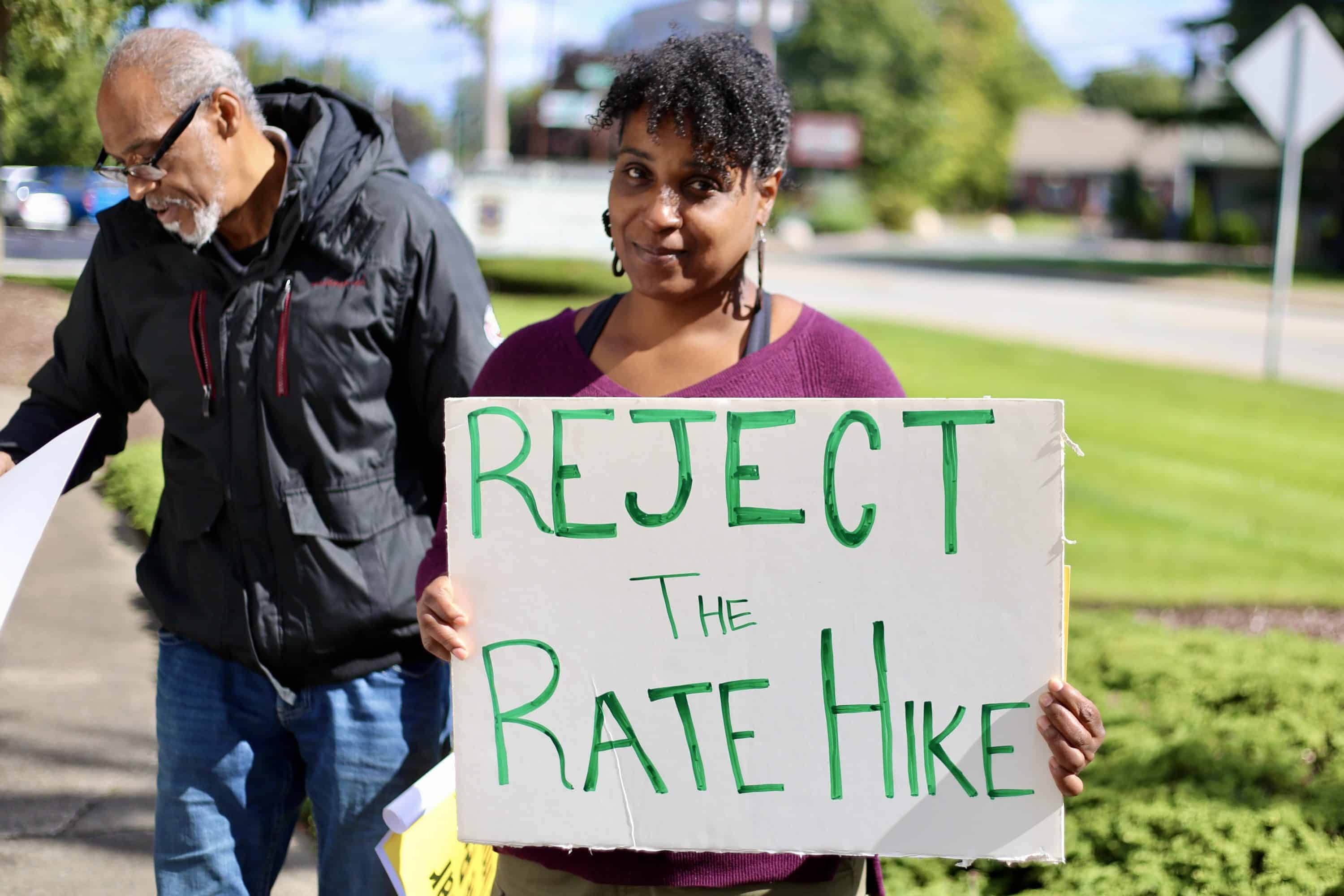
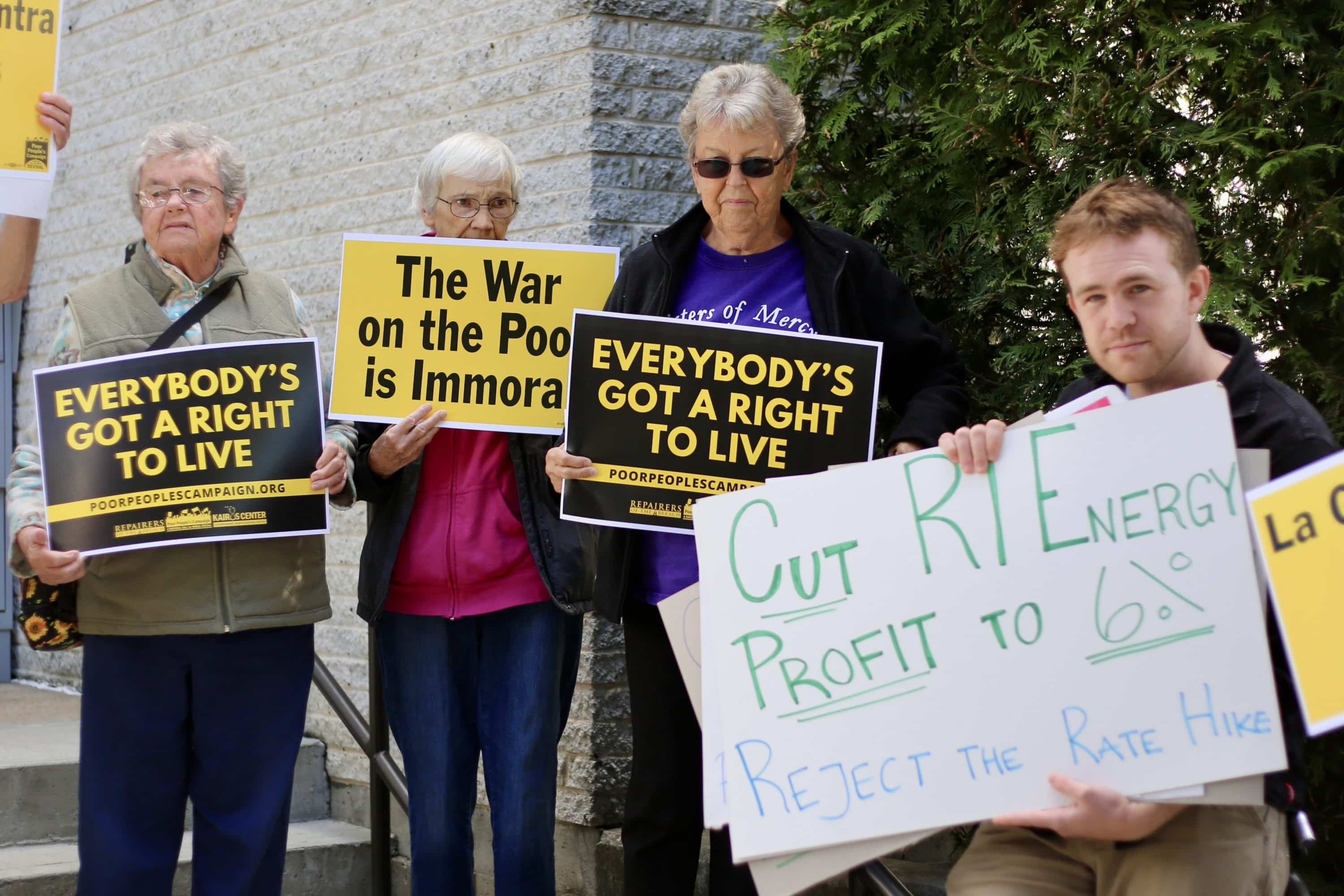
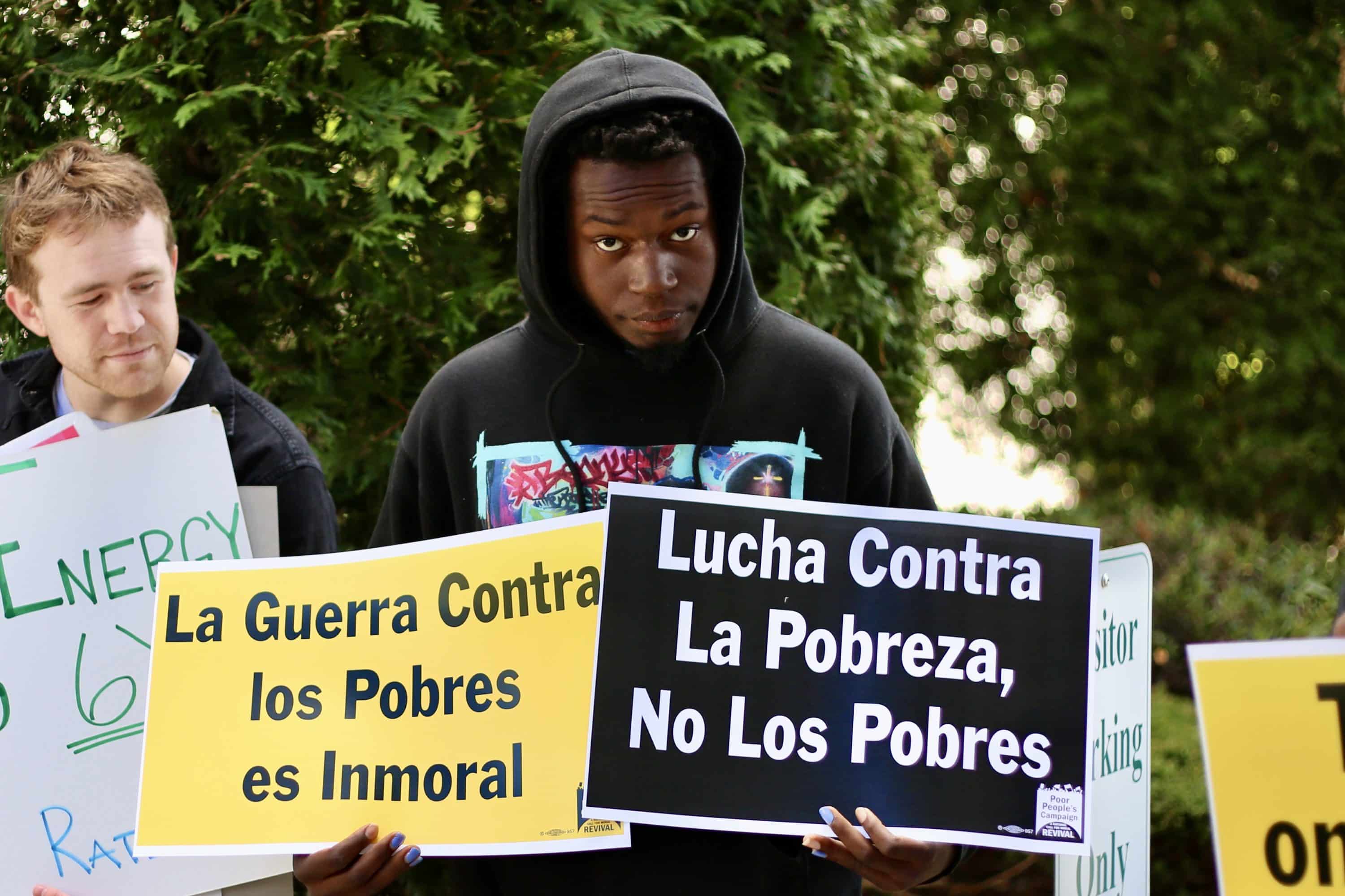
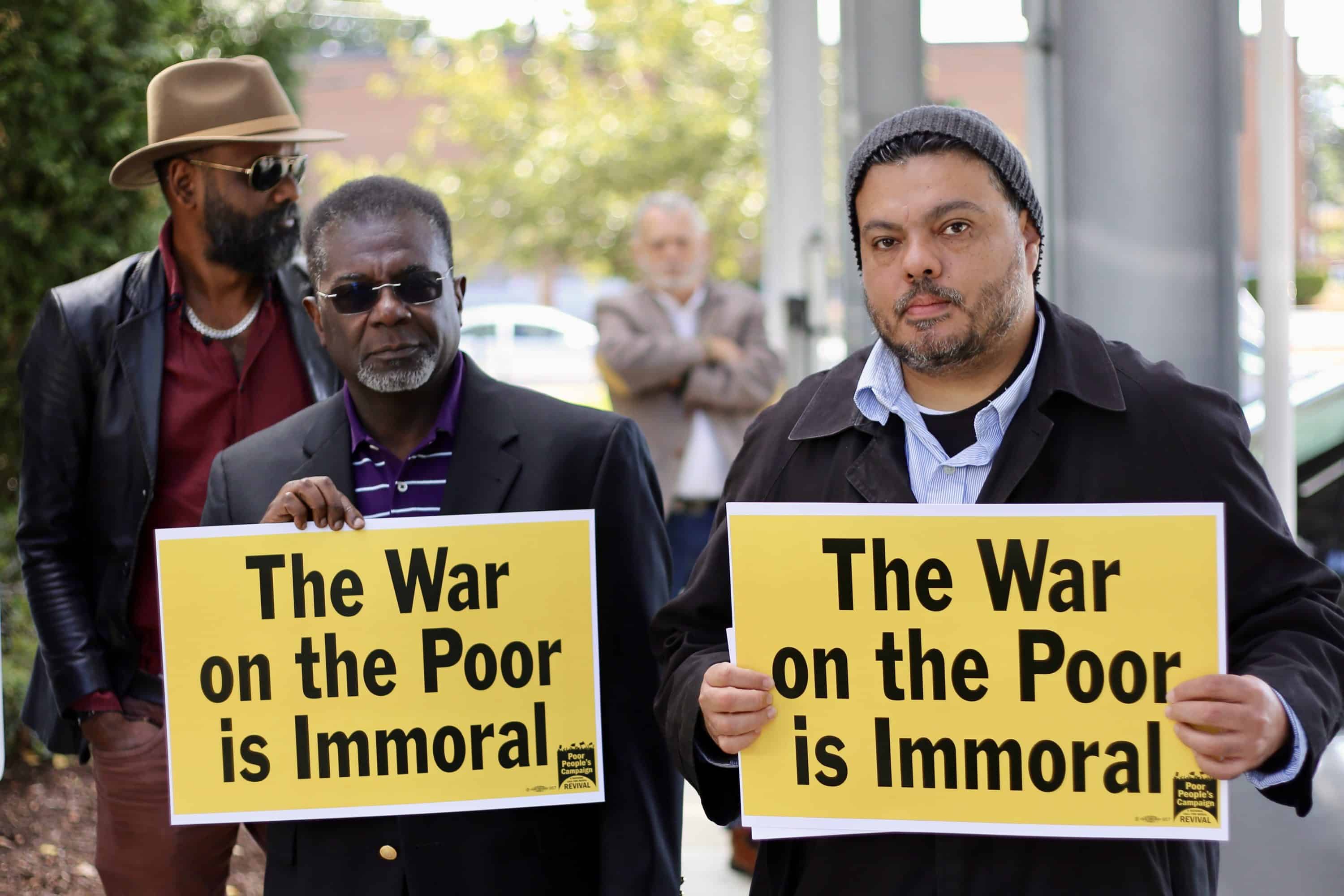
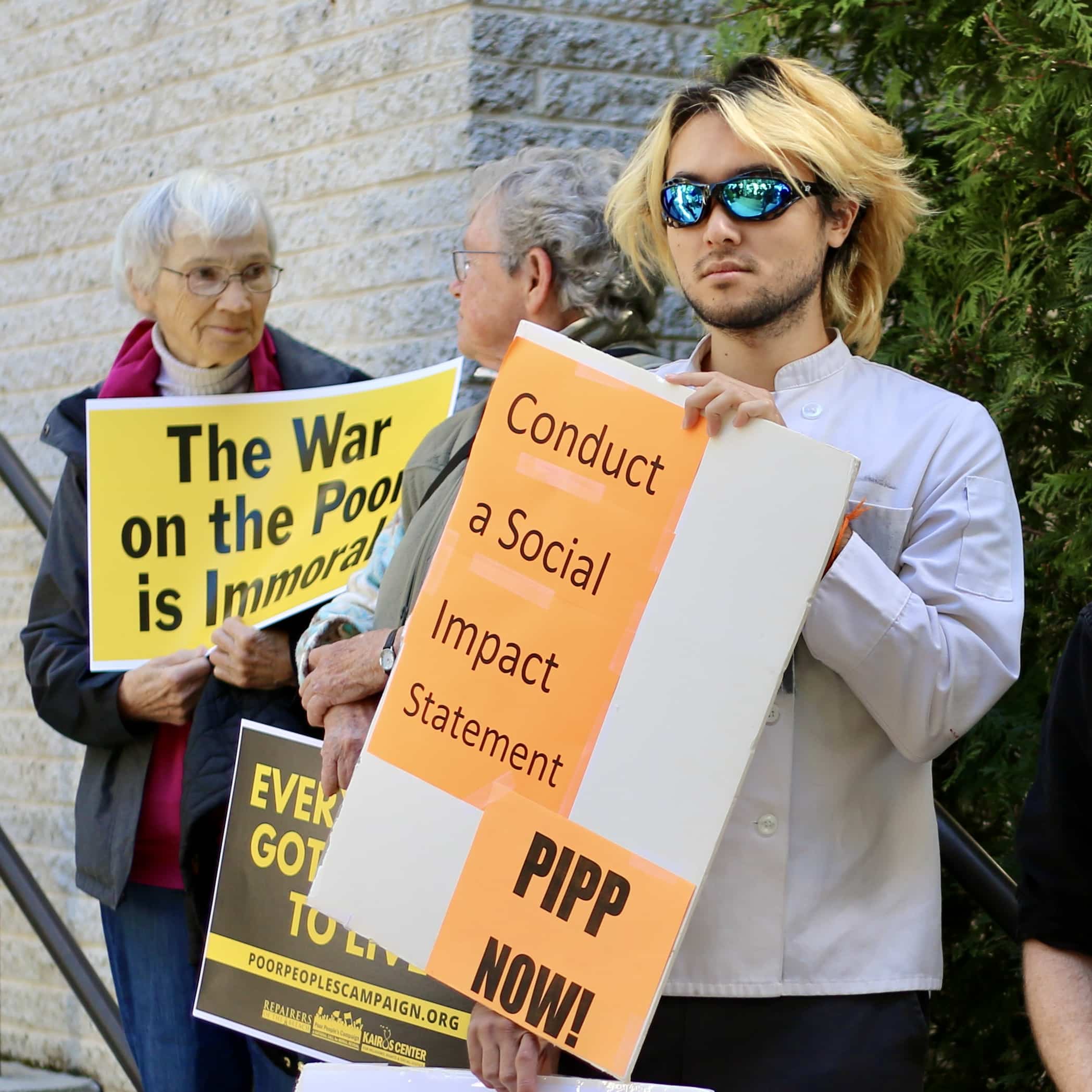
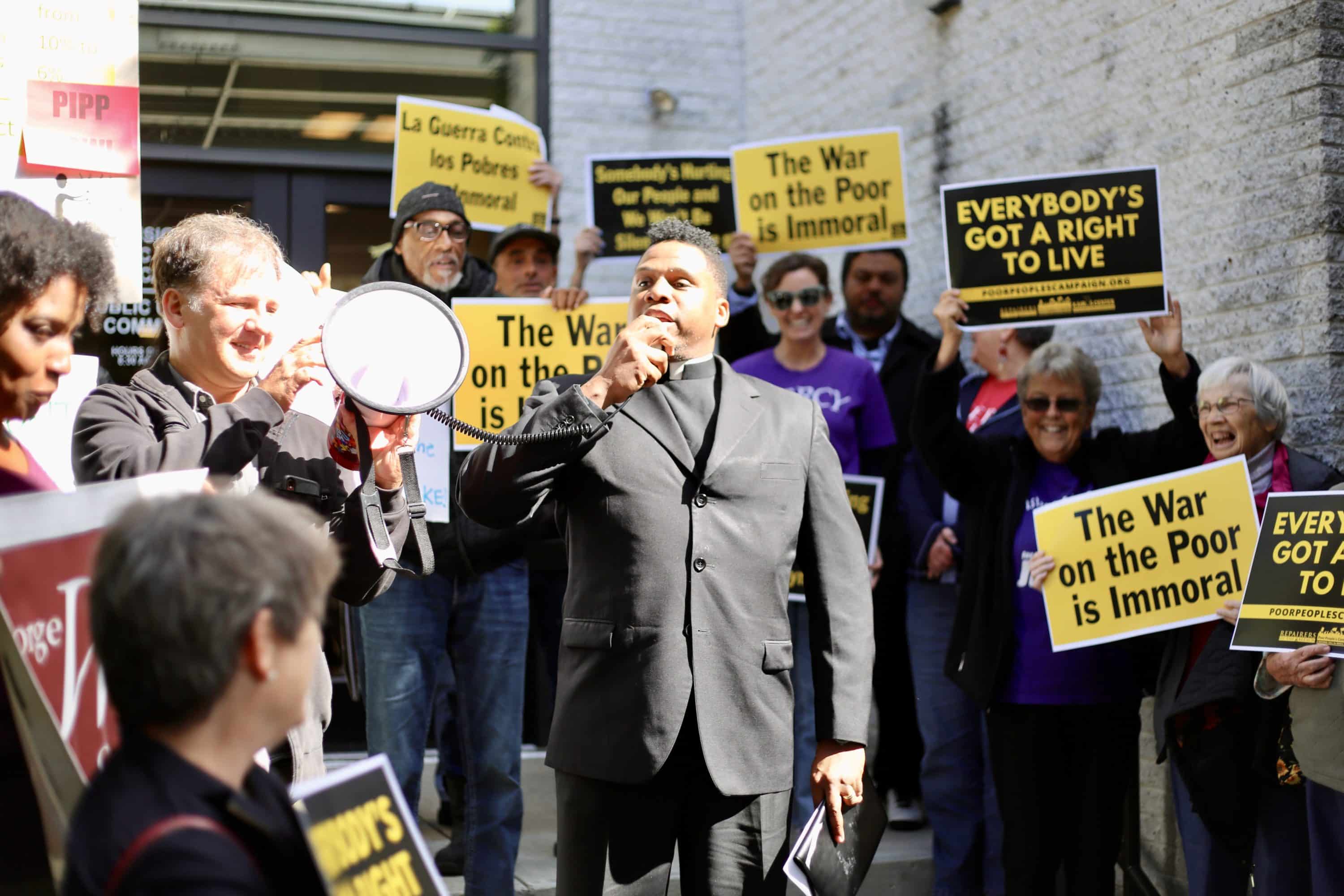
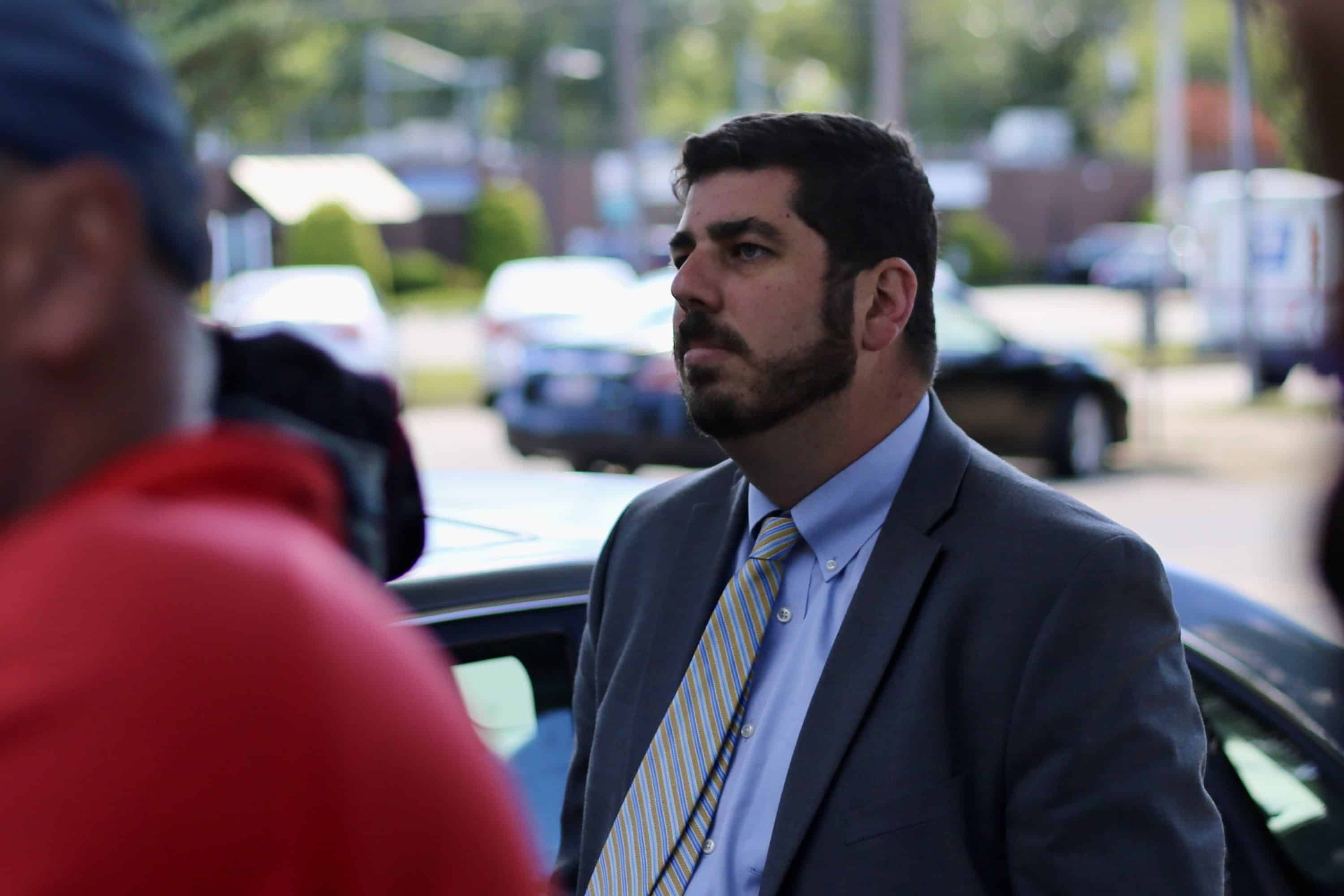
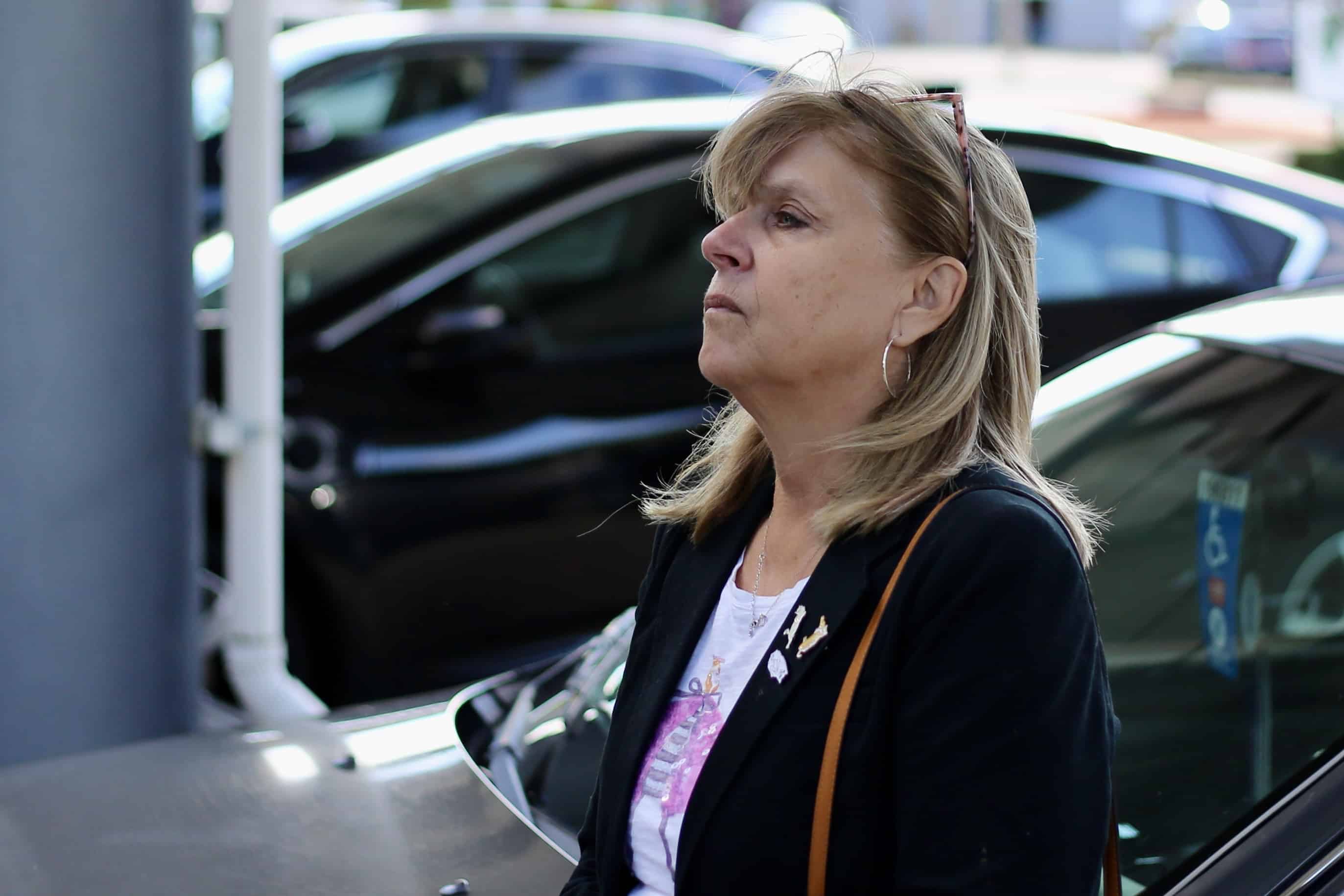
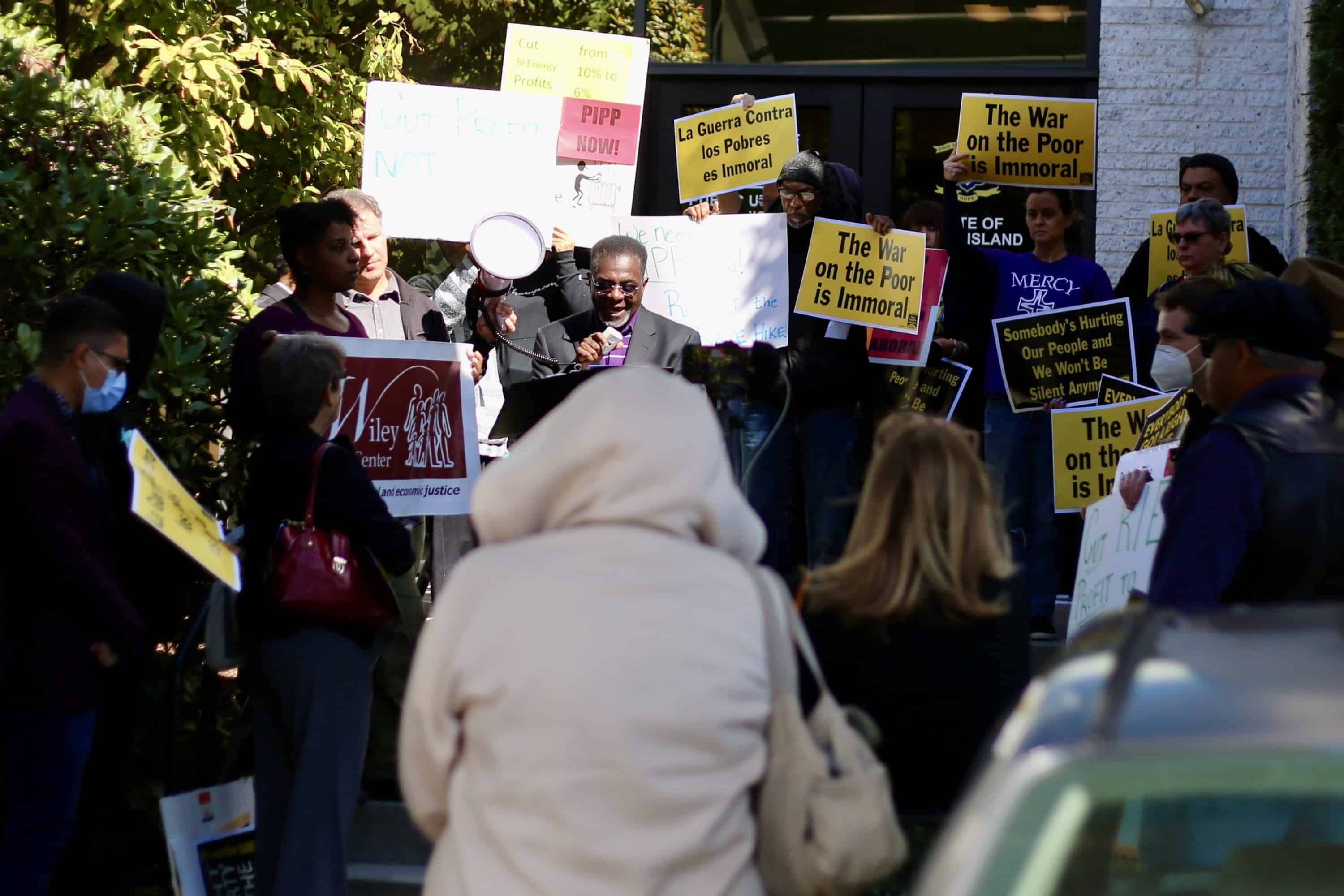
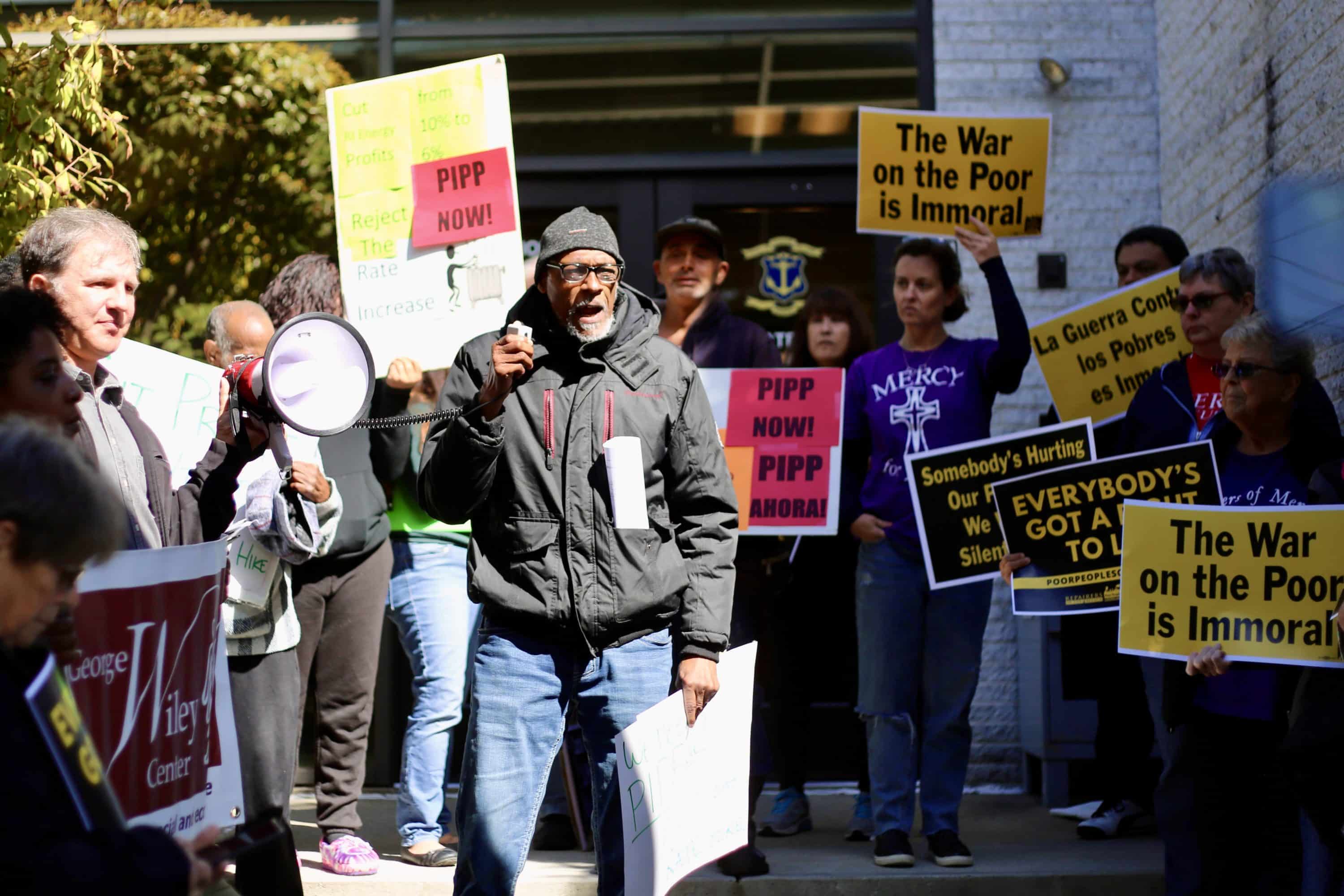

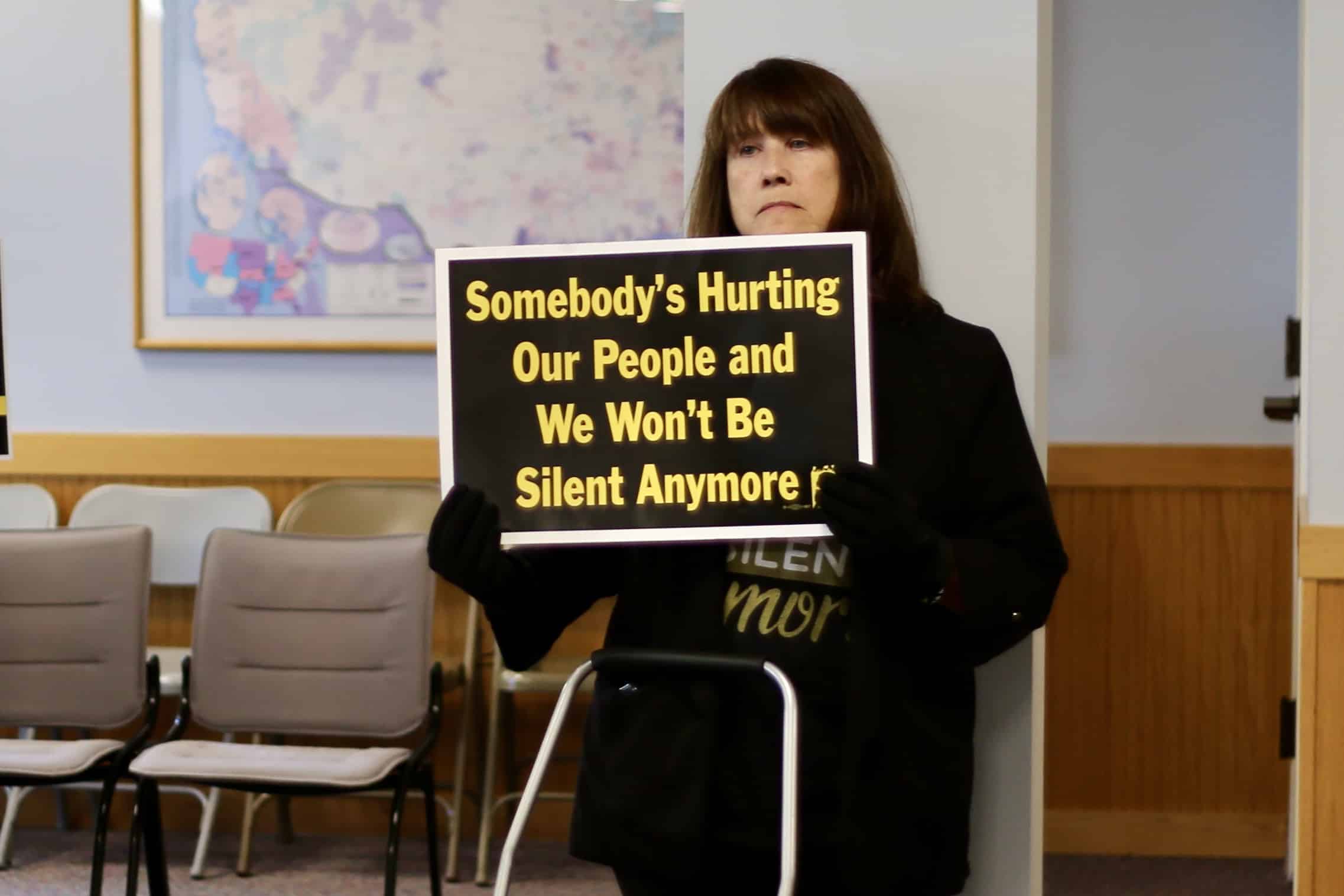

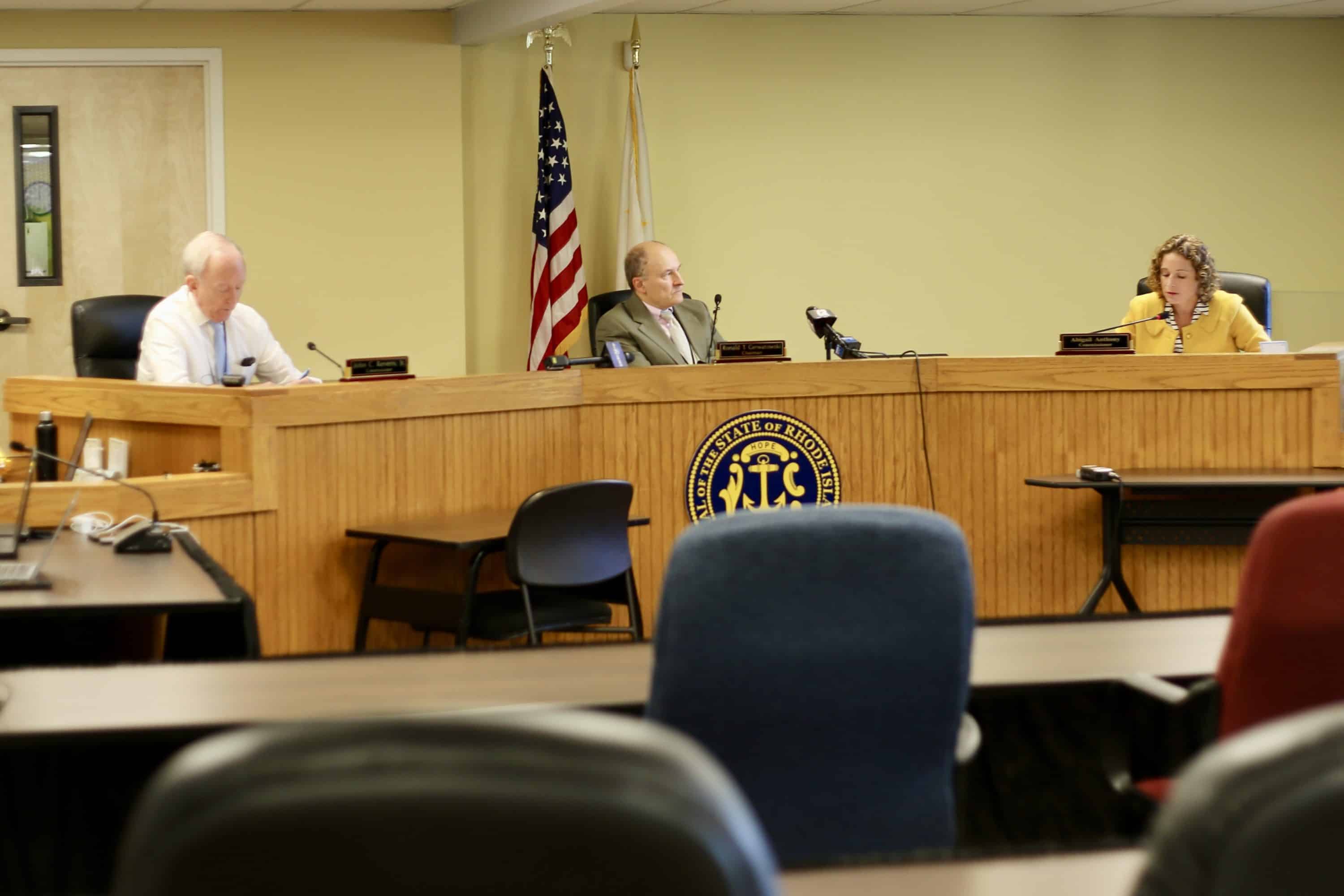
*PIPP is based on policies that have been proven in over a dozen other states including red, blue and swing states. The bill before the General Assembly in Rhode Island has been carefully worked out by community members, national policy experts as well as local stakeholders. PIPP should have passed sessions ago to protect our most vulnerable, instead, the Rhode Island General Assembly and Governor Daniel McKee have historically blocked passage.



